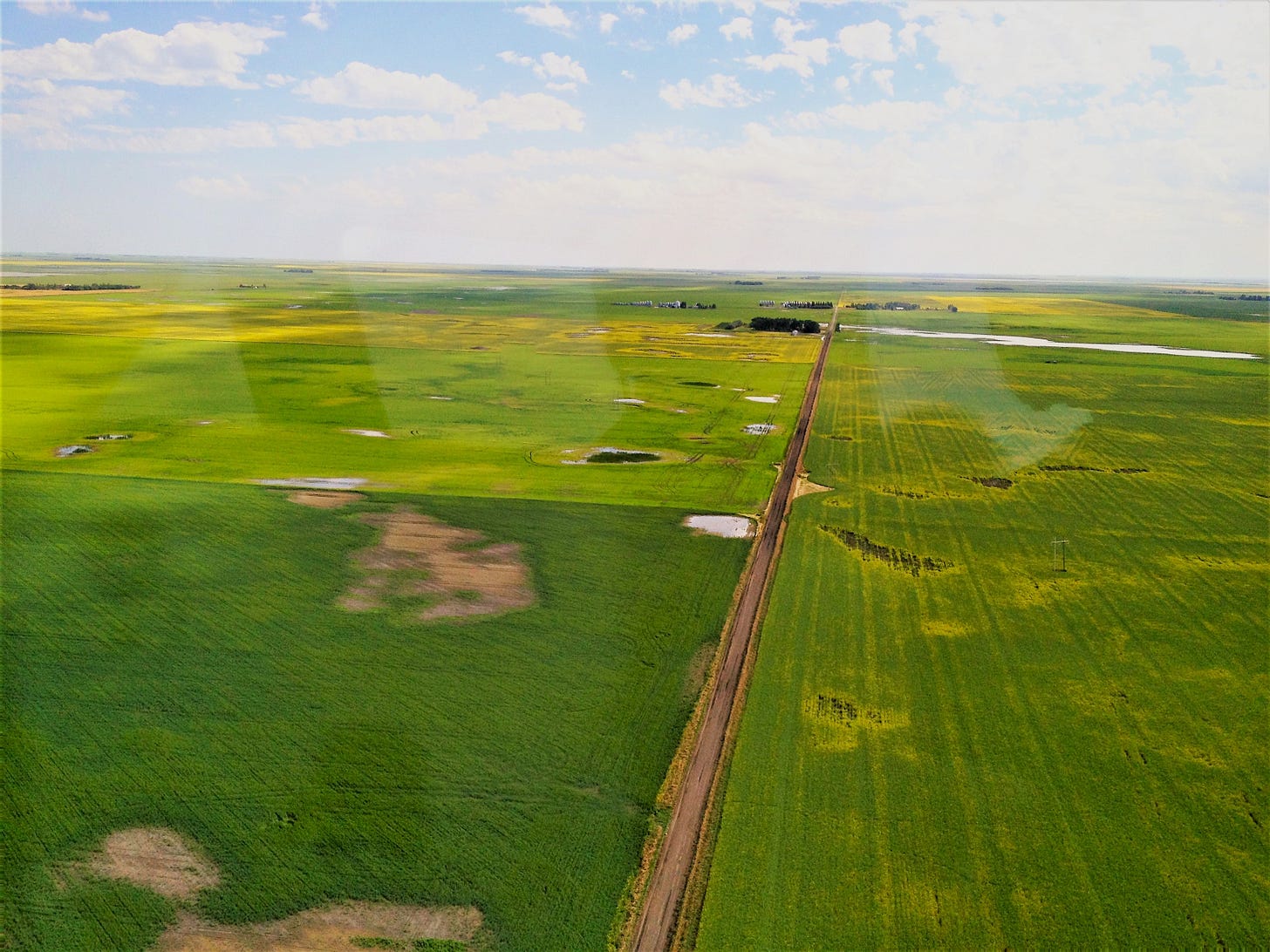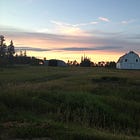Dedication
To my great-great grandmother
Anniversary
This year, I mark the anniversary of my efforts to tell a unique story that honors my family heritage, inspired by my great-great grandmother, Malinda. I have written my first historical novel and over the years, since starting in July 2017, I have learned a lot about the craft of authoring stories.
The details of the novel are fictionalized, and the essence of the woman’s experience is timeless. Who do we choose to be during times of change? What captures our attention? What signifies as special and becomes memorable during a complex and chaotic time of our life?
The imagined story of my great-great grandmother accompanied me as I navigated my own difficult time.
In a way, the writing of the book was an intuitive dialogue, imagining what my great-great grandmother might tell me, if she and I could have known each other.
How the idea started
When I was age 50, I was in a creative community that, among other themes, focused on honoring our ancestors. A few of the others did not know their family lineages beyond their parents or grandparents who had left everything behind to immigrate to Canada. I realized I had a great treasure in knowing my own family farming history. My great-great grandparents came to Canada as farmers in 1905 from the American mid-west, where their families had farmed for several generations.
The more I imagined what my great-great grandmother, or any woman of that time in 1905, may have faced, the more I wanted to write a story to represent her voice. I wanted to honor our family history in a creative way.
My brother and I were the fifth generation to operate the family farm until my father sold the farm a few years ago. Selling the farm represents the end of 112 years of one family working that land. The family no longer lives as farmers, but it is important to remember the many generations who did.
Re-learning where I came from
I had not paid much attention to the importance of knowing where I came from, since our family story was well known and documented in different ways – one of the legacies is the family quilt.
My great-great grandparents were aged 50 when they decided to leave their home and come to Canada to establish a family farm. My great-great grandfather is often quoted in family stories as saying the reason for leaving their farm in Illinois to start a new farm on the frontier was that ‘civilization was encroaching.’
“Civilization was encroaching” - I wondered what he meant
I had often wondered what he meant, each time the family story was told. As a citizen of this era, I tried to imagine what characterized ‘civilization’ to the family in the late 1800s. What, or who, was ‘encroaching’ - crowding them, intruding on them - and how bad was it a century ago, such that they wanted to move far away from its infringements? What rights and freedoms were they seeking?
What were they seeking then? What am I seeking now?
Knowing my grandparents’ values, I extrapolated back through time to imagine my great-great grandparents’ reasons, what they might have been intending as they left their home, and how the values have been passed on with each next generation. For me, farming life represented peace and quiet with a deep comfort of being alone in nature, stewarding the farmland to provide food for a nation.
Family values of hard work, quality craftsmanship and choosing our path in life are themes throughout my historical novel
Farmers work hard and stay committed to see it through, to finish what they have started. Our family maintained strong community relationships, with the churches, schools and sports for four generations at the farm.
I learned from my grandfather the value of taking pride in our work, to strive for quality in workmanship. I imagine he learned the importance of a job done well from his grandfather. My value to have agency to make my own decisions, to be self-sufficient, comes from my farming heritage.
Writing the Story
To narrow my fictionalized story down, I focused on the character of my great-great grandmother, Malinda. I asked myself what would it have been like in 1905, for a woman to begin on the frontier, at age 50. They were setting up their son and the next generations for something better in life. They needed to leave some things behind, but also to bring with them their expertise, their dreams, their community.
I imagine her to have a richness and depth as my matriarch. I honor the women of my family who demonstrate strengths of character, a knowing of what is important, and as having the capabilities to figure things out and keep going during uncertainty.
I asked myself, what would a woman, aged 50, from my family lineage, four generations ago, have to say about her views on life? Told in first person narrative, my fictionalized foremother shares insights and memories that arise from the silence of being in nature.
When Malinda is quiet and alone, she can listen to herself think for the first time. As readers, we hear her thoughts, well over a century later.
Despite the hardships and rough living, she discovers a different world in the natural surroundings. The wild expanses are bursting with life. She makes friends with other women, and becomes aware of things she has never noticed before.
Malinda’s story takes place in the vast untouched prairie, the singular time in history when farming was established in Western Canada, at the turn of the past century, set in 1905, before the West was settled, prior to building the community. In my fictional telling, this is a significant moment in her life, a moment worth writing about.
Her experience shapes my own history, and is so remarkable that we are talking about it over a century later.
With this post to commemorate where I started, and how far I’ve come, I am celebrating the long road of the creative process to write my historical novel, titled “Wide as the Sky”. I am both comforted and energized since I started to explore my family heritage those many years ago. I am proud to have persevered, honing my creative process, and that I kept coming back to the promise I made to myself to write this novel. I am grateful for all that my mother, and (great) grandmothers have done so that I am here today to write about it.
_______





Look forward to reading the story Jacquie.
Nice work. Sounds like book club reading material.